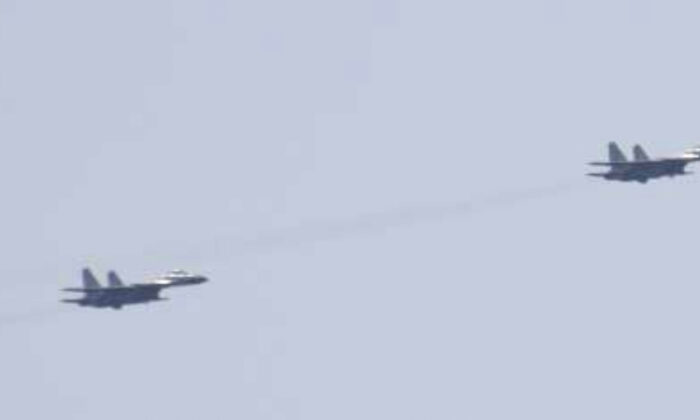Commentary
The intrusion serves Beijing’s interests on various levels.
Although two minutes may seem insignificant, this brevity is likely part of Beijing’s incremental strategy to gradually push boundaries, seize territory, and expand influence abroad without provoking a strong reaction.
Incremental strategies often involve a slow progression akin to boiling a frog or slicing salami. Quick actions may lead to immediate resistance, but gradual encroachments could go unnoticed until it’s too late for a robust response.
Japan scrambled fighter jets to intercept the Chinese spy plane without resorting to aggressive measures. Tokyo likely refrained from provocation, summoning a Chinese official for reprimand but not escalating to a full diplomatic rebuke. A lack of response could embolden further incursions, gradually escalating tensions.
Effective defense demands a deterrent force that ensures the PLA Air Force respects Japanese borders, deterring further transgressions. This deterrence must instill fear in Beijing to prevent future violations.
The CCP prefers dealing with predictable opponents in its incremental and strategic maneuvers. Any inadvertent signals of tolerance toward incursions could embolden Beijing to test boundaries further.
Preventing adversaries from accurately predicting our responses or red lines is crucial to maintain leverage in negotiations and deter aggressive actions.
This is the deterrent that prevents the PLAAF from escalating its actions against Japan or Taiwan. A strong defense is necessary to protect every individual on these islands from CCP oppression. Without a strong defense, the CCP has a better chance of expanding its control globally over time.
Please note that the views expressed in this article are the author’s opinions and may not align with those of The Epoch Times.
Source link





